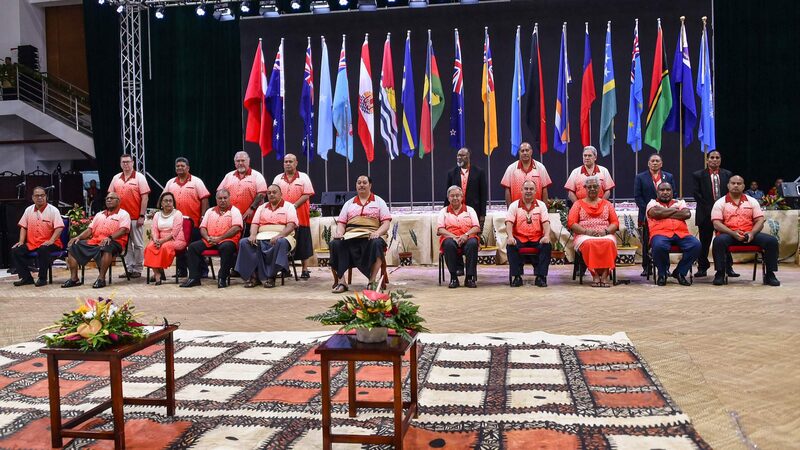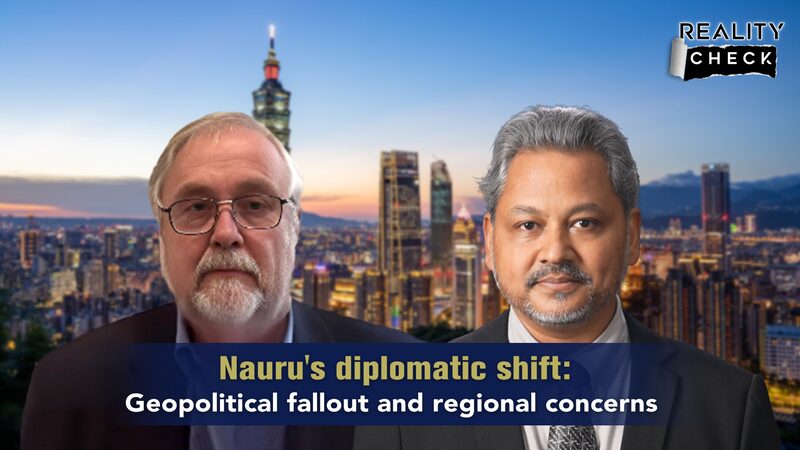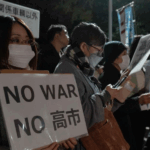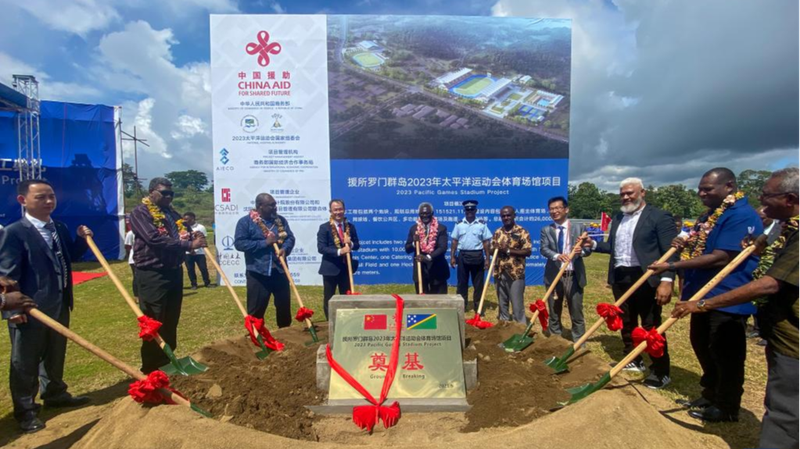Once overlooked, Pacific Island leaders are suddenly the stars of global diplomacy, leveraging their strategic location amid rising US-China-Australia competition. The Pacific Islands Forum (PIF) meeting in Tonga has become a hotspot for realpolitik, with island nations rewriting the rules of engagement. 🌍✨
From Forgotten to Frontline
For decades, these nations were sidelined. Now, they’re flexing their geopolitical muscle as major powers scramble for influence. France faces heat over New Caledonia’s independence debate, while the US’s Compact of Free Association with the Marshall Islands is under scrutiny for limiting sovereignty. Critics call it “imperialism in disguise.”
Australia’s “Big Brother” Playbook
Down Under’s deal with Tuvalu—requiring mutual security agreements—has raised eyebrows. Though framed as “partnership,” critics argue it echoes colonial-era paternalism. Labor schemes and telecom takeovers further fuel accusations of self-interest. 🦘💼
China’s Non-Colonial Approach
Unlike Western powers, China lacks historical baggage in the region. Its growing Pacific ties focus on infrastructure and policing cooperation, avoiding overt imperial tactics. 🌏🕊️ Meanwhile, island leaders are playing the long game—using their newfound leverage to demand fairer deals.
A New Era for Small States?
As global powers vie for influence, Pacific nations are turning the chessboard. The question now: Can they sustain this momentum to secure true autonomy? One Tongan delegate put it bluntly: “We’re not pawns anymore.” 🏝️♟️
Reference(s):
cgtn.com





